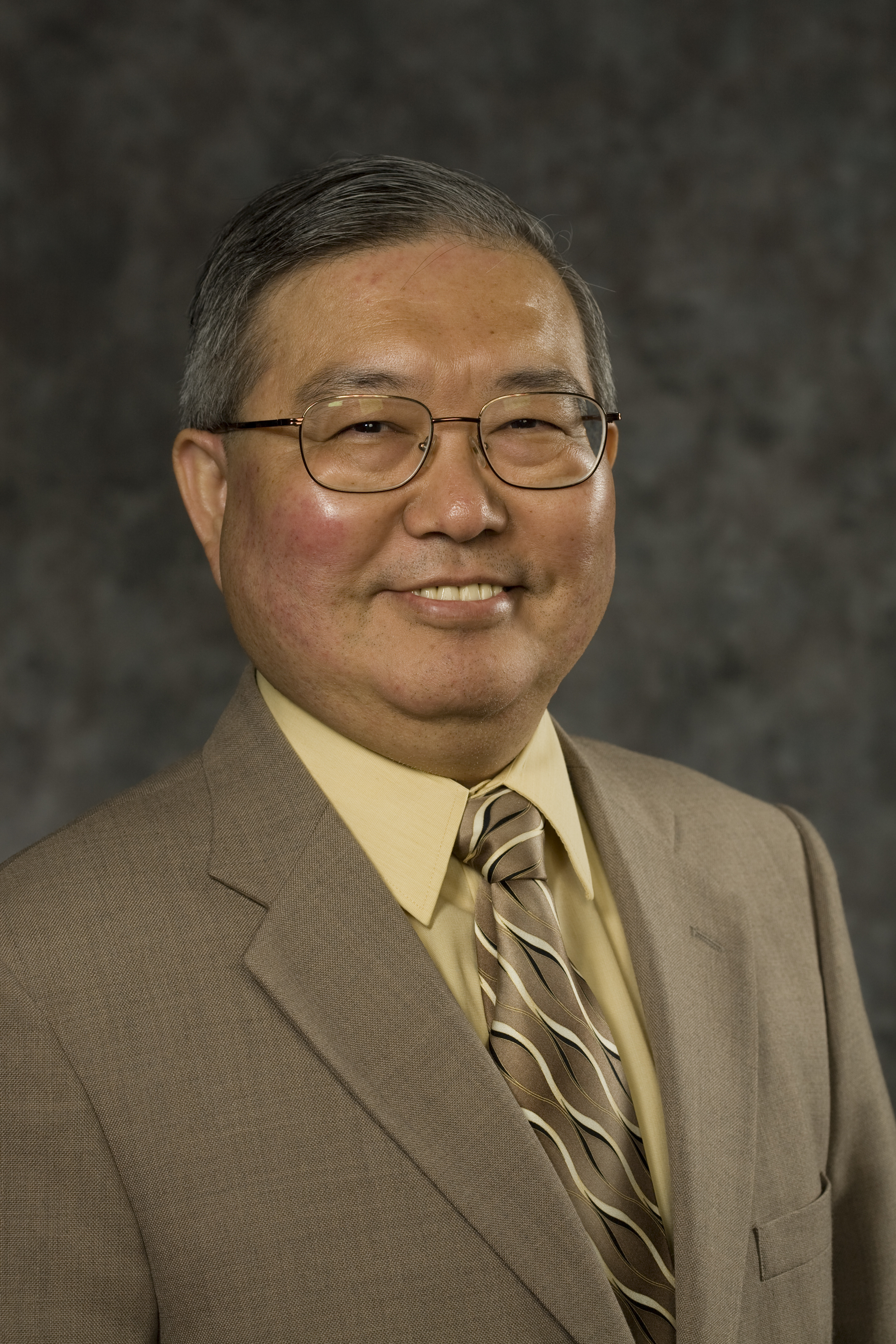Debt-Ceiling Battles Have Little Effect on Financial Market
FAYETTEVILLE, Ark. – The recent conflict between Congress and President Barack Obama over raising the federal debt ceiling caused many economists and policymakers to fret that the financial markets would assess a higher risk premium on U.S. Treasury securities. However, a University of Arkansas finance study suggests that financial markets increasingly regard such controversies as political posturing rather than serious threats to the economy and therefore the conflicts have not recently caused higher default-risk premiums in the long-term.
Findings from the study, which was published in the Journal of Banking and Finance, were recently cited by the New York Times, Washington Post, and a report to Congress by the U.S. General Accountability Office.
“Markets appear to shrug off these recurring controversies because investors believe that eventually policymakers will settle the disputes and avoid default,” said Pu Liu, finance professor in the Sam M. Walton College of Business. “Rational investors take these political controversies into account in pricing Treasury securities, but they tend to disregard them because they know the controversies will be settled before there is any real effect on the economy.”
Prior to the 1995-1996 debt-ceiling controversy between the White House and Congress, Treasury securities had been considered immune from default risk, based on the assumption that the federal government could repay its debt by imposing additional taxes or printing money. That assumption was smashed, however, when the financial market imposed a default-risk premium on Treasury securities as a result of that controversy. Since that time, the federal government has experienced four other similar debt-ceiling controversies, including the one settled in early August.
Default-risk premiums add interest on debt owed, which would significantly weaken an already struggling U.S. economy. For example, with a debt of $10 trillion, which the United States reached in September 2008, each additional basis point in the risk premium translates into $1 billion in additional annual interest expense to the Treasury. Congress can avoid this risk and the additional expense by raising the debt limit in a timely manner.
Liu and colleagues Yinging Shao, a graduate of the doctoral program in finance, and Tim Yeager, finance professor, examined responses of the financial market to four post-1996 debt-ceiling controversies. The researchers analyzed the responses by calculating the difference in yield between high-quality financial commercial paper and Treasury bills from Nov. 14, 2001, to June 16, 2006. The first date was three months before the debt-ceiling controversy of 2002, and the second date was three months after the resolution of the 2006 crisis, which had been the most recent until this year’s controversy.
Liu and colleagues found that the risk premium on Treasury securities, which disappeared after the 1995-1996 incident, resurfaced for the next two debt-ceiling controversies. But for these two incidents, the financial market charged only a small default-risk premium to Treasury securities. The researchers found no significant evidence of risk premiums in the last two occurrences.
“These findings show that the debt-ceiling controversies have had only small and temporary impact on the federal budget,” Liu said. “The repeated political stalemates have had few real economic consequences.”
Liu is chair of the finance department in the Walton College. He also holds the Harold Dulan Chair in Capital Formation and the Robert E. Kennedy Chair in Finance. Yeager is holder of the Arkansas Bankers Association Chair in Banking.
Topics
Contacts
Pu Liu, professor and chair; department of finance
Sam M. Walton College of Business
479-575-6095,
pliu@walton.uark.edu
Matt McGowan, science and research communications officer
University Relations
479-575-4246,
dmcgowa@uark.edu
Headlines
PetSmart CEO J.K. Symancyk to Speak at Walton College Commencement
J.K. Symancyk is an alumnus of the Sam M. Walton College of Business and serves on the Dean’s Executive Advisory Board.
Faulkner Center, Arkansas PBS Partner to Screen Documentary 'Gospel'
The Faulkner Performing Arts Center will host a screening of Gospel, a documentary exploring the origin of Black spirituality through sermon and song, in partnership with Arkansas PBS at 7:30 p.m. Thursday, May 2.
UAPD Officers Mills and Edwards Honored With New Roles
Veterans of the U of A Police Department, Matt Mills has been promoted to assistant chief, and Crandall Edwards has been promoted to administrative captain.
Community Design Center's Greenway Urbanism Project Wins LIV Hospitality Design Award
"Greenway Urbanism" is one of six urban strategies proposed under the Framework Plan for Cherokee Village, a project that received funding through an Our Town grant from the National Endowment for the Arts.
Spring Bike Drive Refurbishes Old Bikes for New Students
All donated bikes will be given to Pedal It Forward, a local nonprofit that will refurbish your bike and return it to the U of A campus to be gifted to a student in need. Hundreds of students have already benefited.





